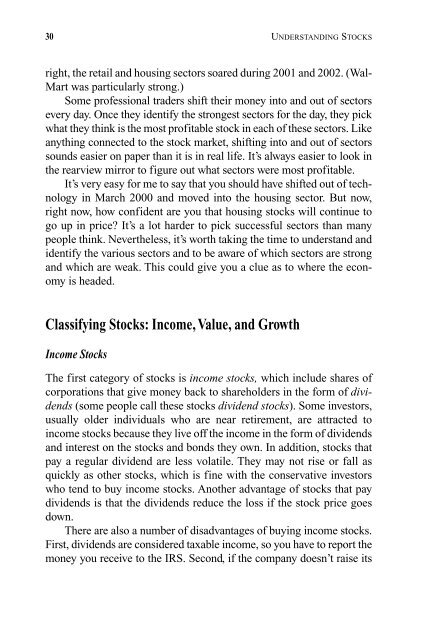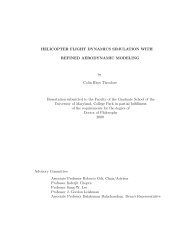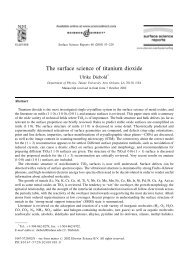Understanding Stocks
Understanding Stocks
Understanding Stocks
Create successful ePaper yourself
Turn your PDF publications into a flip-book with our unique Google optimized e-Paper software.
30 UNDERSTANDING STOCKS<br />
right, the retail and housing sectors soared during 2001 and 2002. (Wal-<br />
Mart was particularly strong.)<br />
Some professional traders shift their money into and out of sectors<br />
every day. Once they identify the strongest sectors for the day, they pick<br />
what they think is the most profitable stock in each of these sectors. Like<br />
anything connected to the stock market, shifting into and out of sectors<br />
sounds easier on paper than it is in real life. It’s always easier to look in<br />
the rearview mirror to figure out what sectors were most profitable.<br />
It’s very easy for me to say that you should have shifted out of technology<br />
in March 2000 and moved into the housing sector. But now,<br />
right now, how confident are you that housing stocks will continue to<br />
go up in price? It’s a lot harder to pick successful sectors than many<br />
people think. Nevertheless, it’s worth taking the time to understand and<br />
identify the various sectors and to be aware of which sectors are strong<br />
and which are weak. This could give you a clue as to where the economy<br />
is headed.<br />
Classifying <strong>Stocks</strong>: Income, Value, and Growth<br />
Income <strong>Stocks</strong><br />
The first category of stocks is income stocks, which include shares of<br />
corporations that give money back to shareholders in the form of dividends<br />
(some people call these stocks dividend stocks). Some investors,<br />
usually older individuals who are near retirement, are attracted to<br />
income stocks because they live off the income in the form of dividends<br />
and interest on the stocks and bonds they own. In addition, stocks that<br />
pay a regular dividend are less volatile. They may not rise or fall as<br />
quickly as other stocks, which is fine with the conservative investors<br />
who tend to buy income stocks. Another advantage of stocks that pay<br />
dividends is that the dividends reduce the loss if the stock price goes<br />
down.<br />
There are also a number of disadvantages of buying income stocks.<br />
First, dividends are considered taxable income, so you have to report the<br />
money you receive to the IRS. Second, if the company doesn’t raise its

















